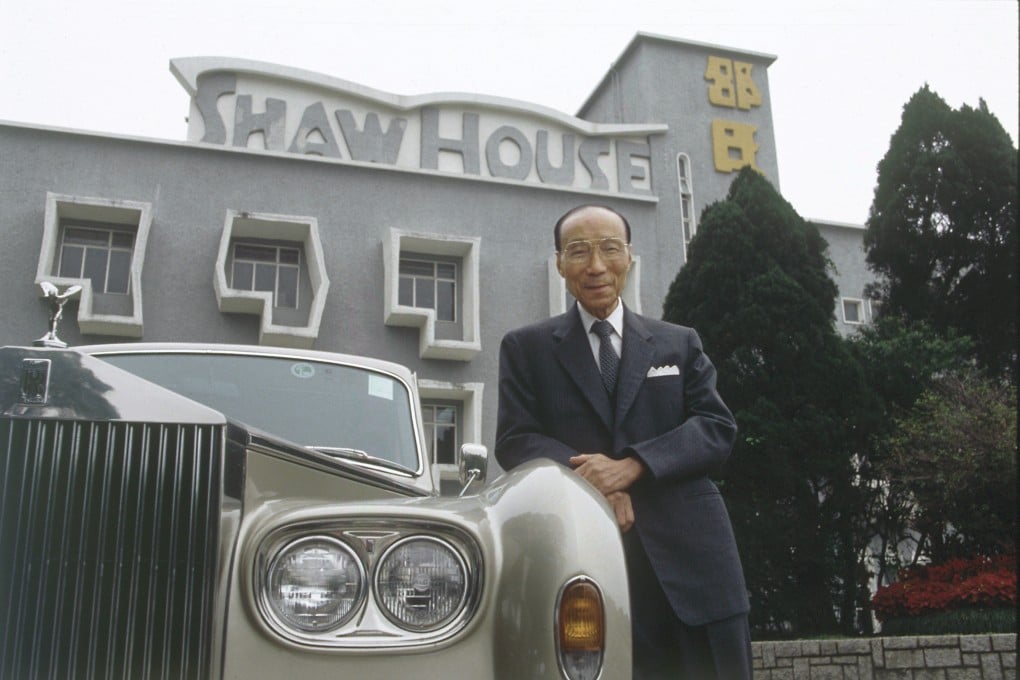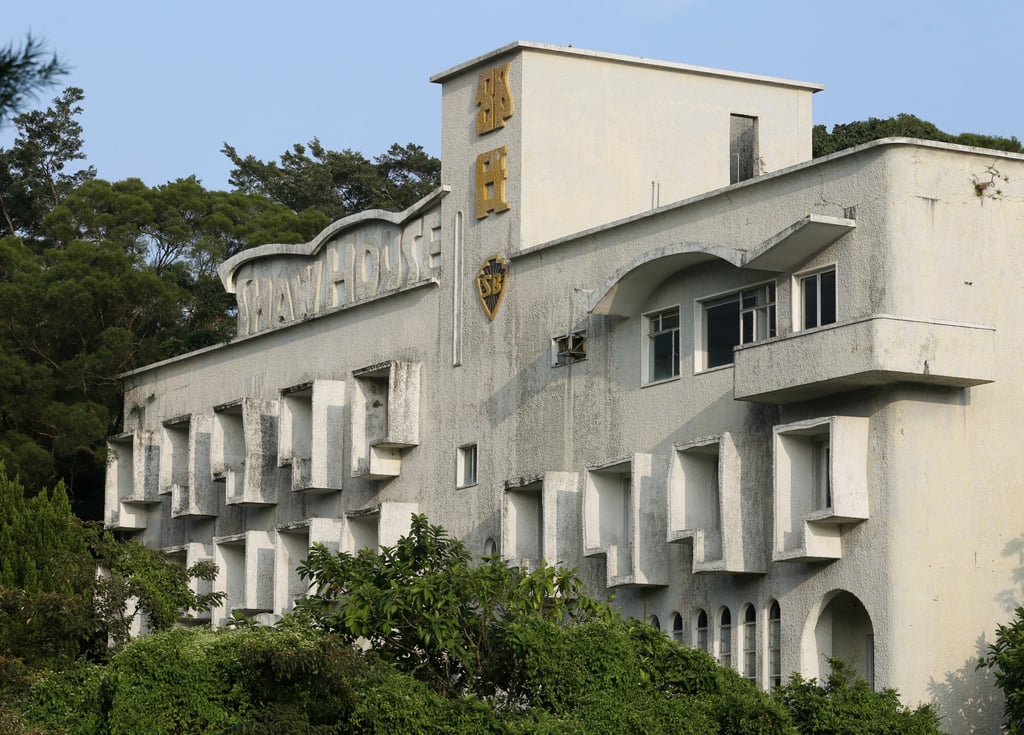The birthplace of kung fu films will turn into flats and villas in Fosun’s plan to redevelop Shaw Brothers’ Hong Kong Movietown heritage site
- The complex on Clear Water Bay Road in Sai Kung will be redeveloped into a project with 1.05 million square feet (97,548 square metres) of usable space
- The development is estimated to cost between HK$3.8 billion and up to HK$4.5 billion, according to estimates

Shaw Brothers’ Movietown studio complex in Hong Kong’s Sai Kung district is being transformed into a residential enclave, a decade after production ceased at the birthplace of Chinese kung fu films once dubbed Asia’s Hollywood.
The complex on Clear Water Bay Road will be redeveloped into a project with 1.05 million square feet (97,548 square metres) of usable space, featuring 14 three-storey villas and 23 apartment buildings that stand between six and 11 floors each, recreational facilities, a club house and a car park, according to the city’s Buildings Department.
The development is estimated to cost between HK$3.8 billion (US$485 million) and up to HK$4.5 billion, excluding the premium paid for the land, according to Martin Wong, director of research and consultancy for Greater China at the property consultancy Knight Frank.
“Given its heritage nature, the project is expected to have a strong market appeal,” Wong said. “This type of project is rare in the market, as there is a higher hurdle for redevelopment from the planning and technical perspective.”

Spread across 46 acres, the site featured 23 buildings used as offices, production sets and movie-editing studios, as well as accommodation for cast and crew.